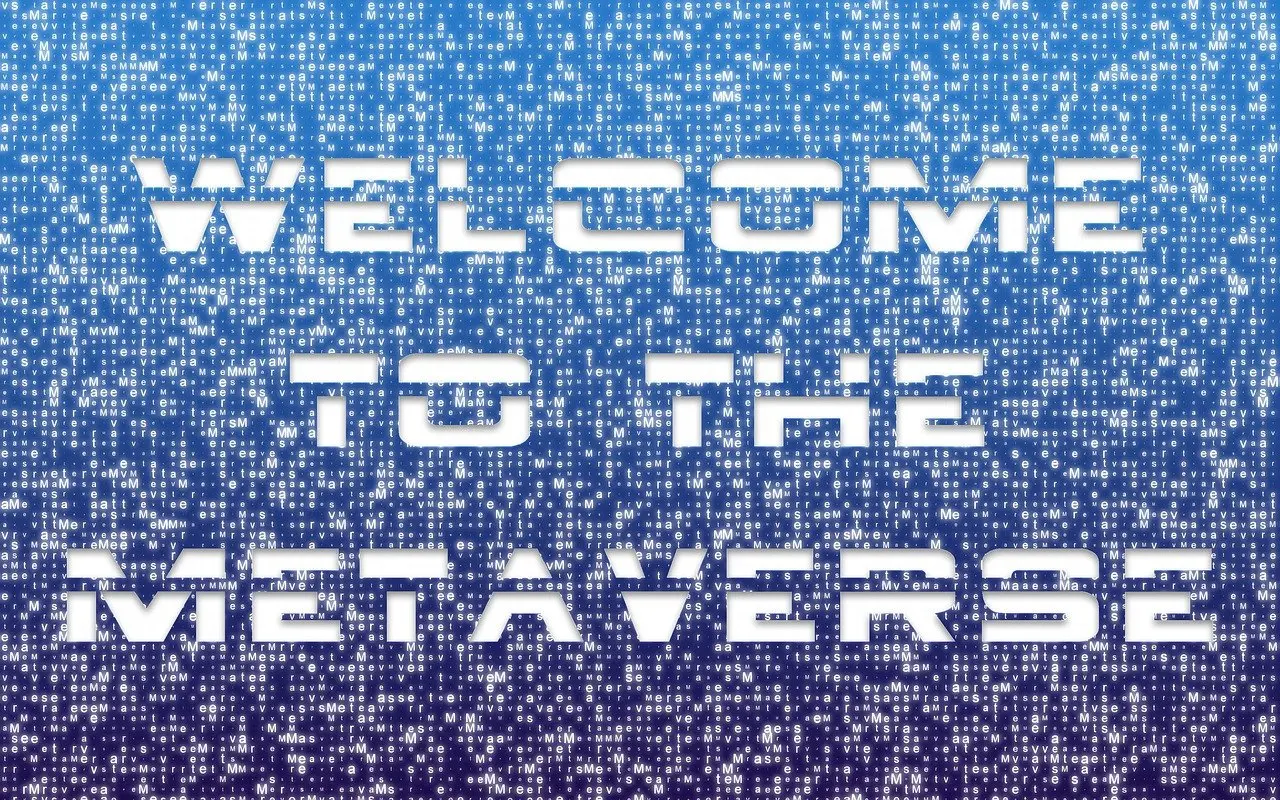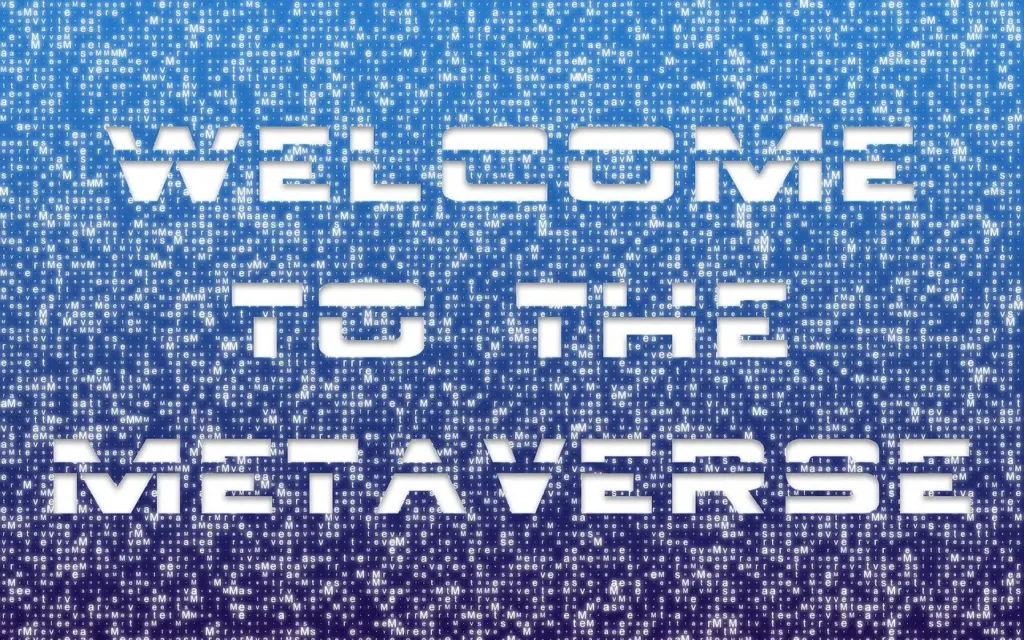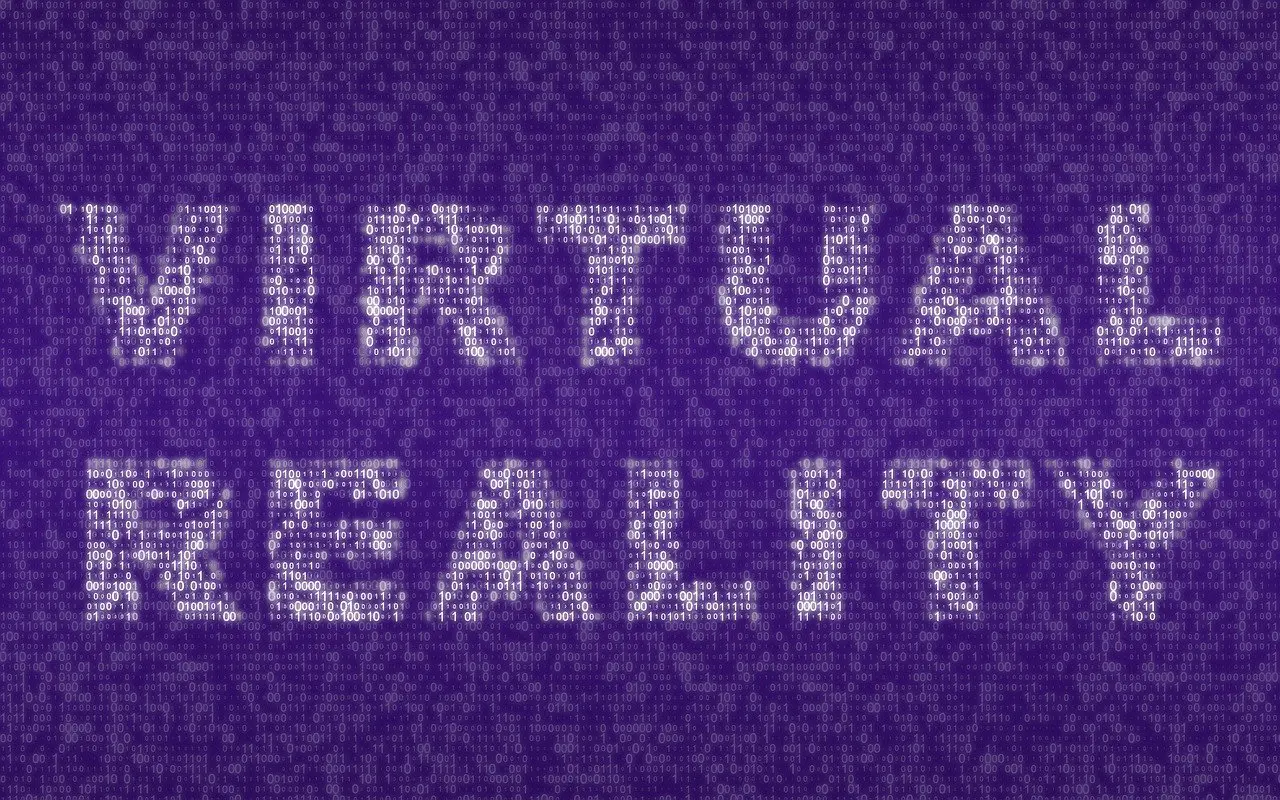For decades, the concept of an immersive 3D world where users play, socialize, and exchange goods via avatars has been a common science fiction trope.
This concept is quickly becoming a reality with the Metaverse. Thanks to recent innovations in Virtual Reality technology, developers can offer incredibly engaging experiences where users can explore and interact with virtual elements.
The Metaverse is evolving fast. Opportunities are emerging for brands willing to rethink their approach and invest in Metaverse marketing.
What Is the Metaverse?
The Metaverse could reach $5 trillion in value before 2030. It’s currently one of the most significant growth opportunities for many industries.
This virtual space is still in its infancy. However, some trends are emerging and show what the future of Internet marketing will look like:
-
- Experiences are key. Play is a major draw, but brands are also reimagining how consumers shop and interact.
- Rather than copying the real world, the Metaverse focuses on integrating digital and real experiences.
- Social interactions are central. It could use elements from social media and potentially replace these platforms.
- The Metaverse has a fully functional economy. It uses concepts like property ownership, trade, and currency.
The Technologies Behind the Metaverse
Recent technology innovations are making the rise of the Metaverse possible. The economic potential behind virtual reality is driving more investments in these technologies.
Blockchain
The blockchain isn’t a new concept. It’s been around since the launch of Bitcoin in 2009. Since then, it has grown to power a cryptocurrency market worth more than $37.8 billion.
This technology brings a verifiable currency to the Metaverse. It allows for transactions to take place in a decentralized environment. It also gives brands and users tokens to retain value or become redeemable for real products.
With the NFT market expected to reach $1.6 million during 2023, nonfungible tokens will also play a crucial role in shaping the Metaverse economy. NFTs will act as virtual goods that users can buy, exchange, and collect. Examples include avatar skins, but this technology will also power a virtual real estate market.
AR, VR, and MR
Innovations in software and hardware are allowing developers to create immersive experiences:
-
- Virtual Reality. VR experiences immerse a user wearing a headset into a fully digital world in 3D.
- Augmented Reality. AR integrates virtual elements into the real world. These experiences often use apps like PokemonGo or Google Maps AR.
- Mixed Reality. MR is a new approach that emphasizes interactions between virtual and real elements.
Companies Using the Metaverse Now
Major corporations have already invested millions into developing a presence in the Metaverse.
Facebook quickly emerged as a leader by rebranding itself as Meta in 2021. The tech giant is working on a social platform called Horizon Worlds that users can access through Meta Quest headsets. Besides exploring social experiences, Horizon Worlds would include digital workspaces and event venues.
The gaming industry is another significant influence on the Metaverse. Games like Roblox or Niantic’s PokemonGo are shaping our thoughts about VR and AR. Roblox quickly became a popular Metaverse marketing partner, with brands like Nike, Gucci, and Spotify creating immersive worlds on this platform.
Epic Games recently raised $2 billion in funding to create the next VR iteration of its hit game Fortnite. Microsoft acquired Activision Blizzard with plans to build an IP-oriented Metaverse with popular franchises like Call of Duty and World of Warcraft.
Brands are also exploring new ways to sell products online. After experimenting with a virtual version of its headquarters, McDonald’s filed trademarks geared toward selling NFTs in a virtual world that users could redeem for food at a nearby fast food location.
We’re also seeing new business models emerge with the rise of digital real estate. Platforms like Decentraland, the Sandbox, and Otherside have already started selling virtual land plots that could become key to developing a presence in the Metaverse. JPMorgan is one of the first major firms to establish a presence in Decentraland by creating a virtual banking lounge.
More use cases for the Metaverse are emerging quickly, including virtual collaboration, employee training, customer support, educational experiences, and more.
Marketing Opportunities With the Metaverse
What does Metaverse marketing look like? These elements will shape the future of Internet marketing:
-
- Immersive experiences. The Metaverse is primarily about connecting with users through new experiences. These virtual interactions will act as new touchpoints for brands that entertain, delight, or inform users.
- New products. NFTs, skins, and virtual accessories will help users express themselves or redeem virtual goods against products in the real world.
- Virtual events. Organizing events in the Metaverse can foster a sense of community and connection. Roblox is leading the way with concerts from major artists, but VR product launches, tradeshows, and ceremonies could become commonplace.
- Product placements. Virtual worlds will provide brands with new ad spaces. Virtual billboards could become a feature of these worlds.
- New eCommerce experiences. Branded Metaverse experiences could provide users with virtual showrooms to explore products and make purchases.
Gucci’s Metaverse Case Study
Gucci is a prime example of a successful Metaverse marketing campaign. For the 100th anniversary of the brand, Gucci launched the Gucci Garden virtual experience on Roblox to mirror a real-world exhibit.
The Gucci Garden experience lasted two weeks and drew over 20 million users besides selling virtual Gucci items.
After this successful experiment, the brand launched a permanent Roblox world called Gucci Town, where users can learn about the brand and collect unique items.
Gucci’s story illustrates how brands can use Metaverse marketing to connect with a new generation of customers and deliver unique experiences.
How to Get Your Brand in the Metaverse
The Gucci case study shows the benefits of partnering with an existing platform. Partnering with a popular platform to launch a VR experience reduces development costs and allows you to gauge interest.
If your initial efforts are successful, the next step is looking into AR or VR development for your brand. Putting together a team of experts familiar with VR hardware and development platforms like Unity, Vuforia, or Google VR will put you in a position to create a unique VR experience from scratch.
It’s also important to consider how the Metaverse fits within your Internet marketing efforts and overall business model. You should also learn more about your audience to understand better what kind of experience these users expect.
The Future of Internet Marketing
The Metaverse already has 170 million users. It’s growing quickly, and experts believe it will be the next iteration of the Internet.
Despite a few ethical issues linked to privacy and inclusivity, the Metaverse represents one of the most significant economic opportunities for today’s brands. Metaverse marketing has the potential to bring you closer than ever to your audience, offer new value propositions, and position your business as a bold and innovative brand.
Begin planning your Metaverse marketing strategy with Tempesta Media today.















